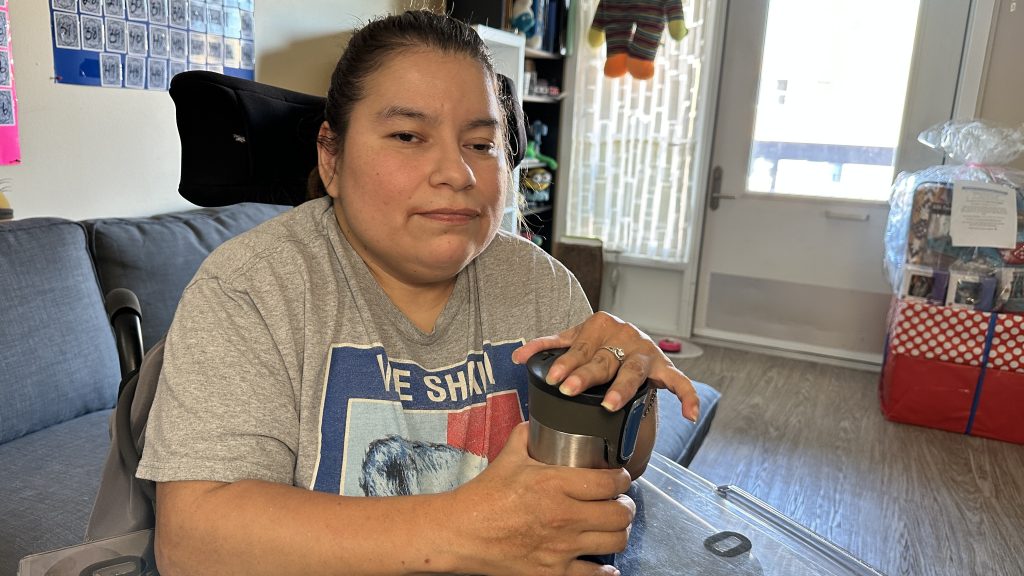Two Winnipeg residents who were notified a health worker snooped on their medical records — among a string of recent privacy breaches in the province — are demanding the system be made more transparent and accountable.
Daniel Hidalgo and Shontise McFadyen received identical letters from the Winnipeg Regional Health Authority in December, alerting them an employee had inappropriately viewed their personal health records dozens of times.
The pair are colleagues at CommUNITY204, a non-profit organization founded by Hidalgo to serve Winnipeg’s homeless population.
According to the letters, viewed by the Free Press, the privacy breach was identified during a routine audit earlier that month.
“It’s absolutely terrifying because all you can think is there must be some kind of spiteful or malicious intent behind it,” Hidalgo said.
MIKAELA MACKENZIE / FREE PRESS Daniel Hidalgo, whose personal medical information was breached last year, is calling for more transparency in the health-care system.
“I immediately responded. I needed to know who this was and if this could be somebody who knows me personally. I wanted to know what they accessed, how long they had access — are there cameras showing them taking photos of these records or were they printed?”
Records provided to Hidalgo by WRHA officials and shared with the Free Press show the woman accused of snooping had allegedly done so 19 times over a period of about nine months.
Hidalgo has met the woman on several occasions through his advocacy work. He believes she may have been working in public health, but does not know why she would look at his personal records.
The health authority refused to confirm the woman’s official job title or whether she is still employed in the region Tuesday.
“The WRHA cannot discuss personal information regarding employees,” a spokesperson said in an email.
Collectively,






























